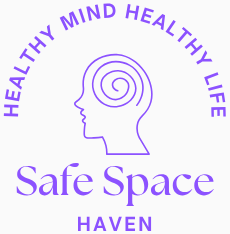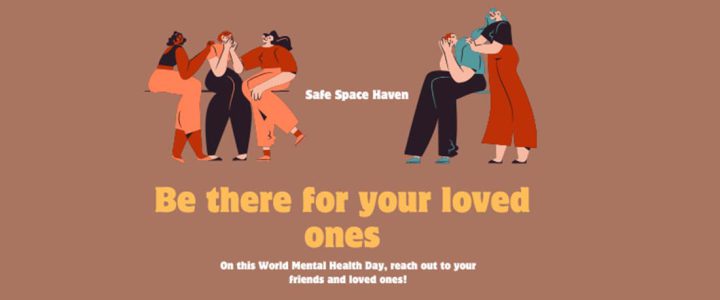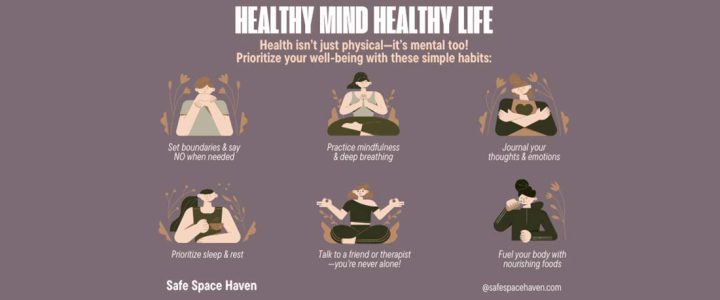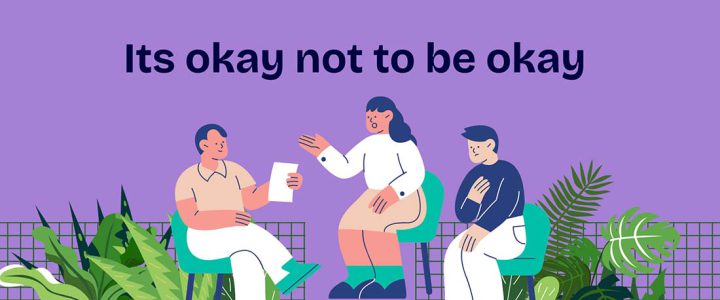In a world that constantly tells us to hustle, push harder, and stay productive, rest can feel like weakness. Taking a break is often seen as laziness. Slowing down is labeled as falling behind. But at Safe Space Haven, we believe in something different:
Rest is not a reward but it’s a right.
Especially when you’re healing.
Healing Is Hard Work
People often think of healing as peaceful, quiet, or even relaxing. But the truth is, healing takes energy. It means confronting painful memories, unlearning toxic habits, navigating emotions you’ve spent years avoiding, and trying to feel safe in your own body again.
It’s not easy. It’s not passive. And it’s definitely not lazy.
So when your body feels tired for no reason, when your brain feels foggy even after sleeping, or when all you can do is breathe and be that’s still progress.
Signs Your Body Is Asking You to Rest
- Constant fatigue, even after sleeping
- Feeling overstimulated or easily overwhelmed
- Lack of motivation, even for things you love
- Brain fog or difficulty concentrating
- Emotional numbness or irritability
These are not signs that you’re failing. These are signs that your body and mind need a break a real one.
Resting Is Part of the Journey
Rest doesn’t mean giving up. It means allowing yourself to pause so you can continue. It’s saying, “I deserve care, too.” It’s realizing that burnout isn’t bravery and you don’t have to earn your rest by breaking down.
At Safe Space Haven, we encourage you to listen to what your body and heart are telling you. Some days, healing will look like journaling, deep talks, and breakthroughs. Other days, it will look like naps, canceling plans, or doing absolutely nothing and both are valid.
You Don’t Have to Justify Your Rest
You don’t need to prove how hard your week was.
You don’t need to have a packed schedule to deserve a break.
You don’t need to explain why you’re tired.
You are allowed to rest simply because you are human.
We Rest to Remember Who We Are
Rest helps you come back to yourself. It softens the edges of pain. It reminds you that your worth is not measured by productivity, deadlines, or perfection.
So if you needed someone to say it today, here it is:
You’re not lazy. You’re healing. And that is enough.
Take that nap. Sit in silence. Breathe. You don’t have to earn peace you just have to allow it.
We see you. We honor your healing. And we’re holding space for your rest here at Safe Space Haven.




